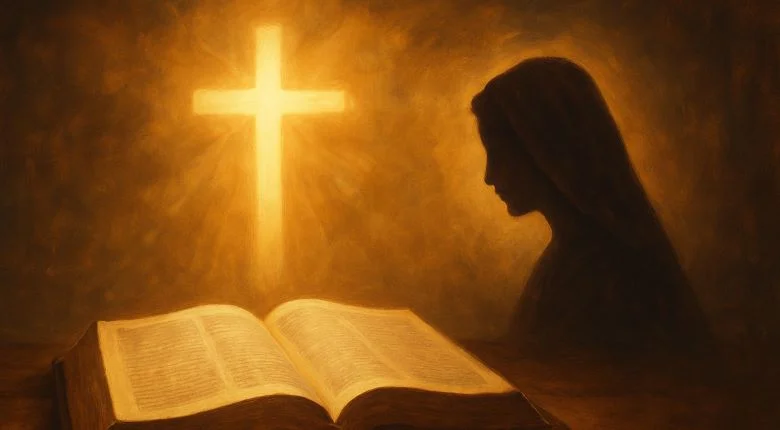Why Mary Is Not the Mother of God — According to the Bible
Updated and Expanded for Clarity and Biblical Accuracy Roman Catholics and Eastern Orthodox believers often refer to Mary as the “Mother of God.” This phrase, while accepted in some traditions, raises serious theological concerns for many Bible-believing Christians. In fact, it can be a stumbling block for those who seek to understand the nature of … Read more

